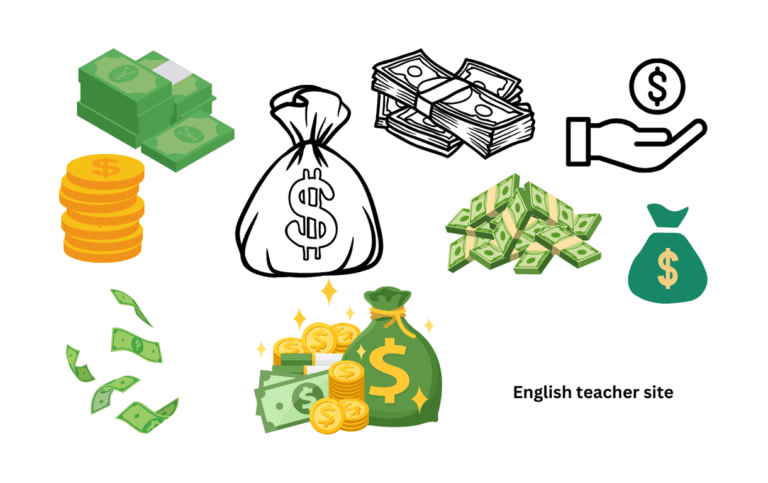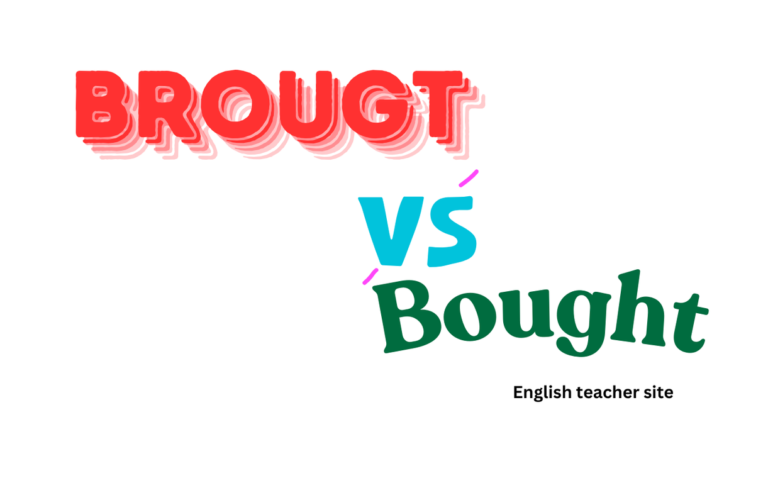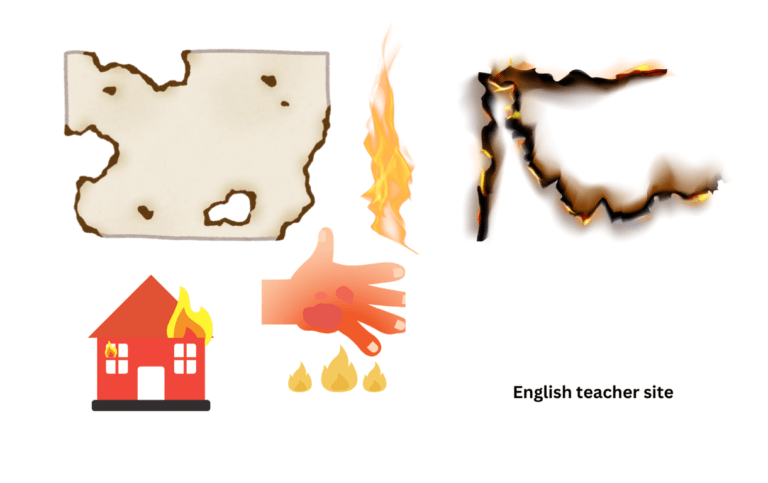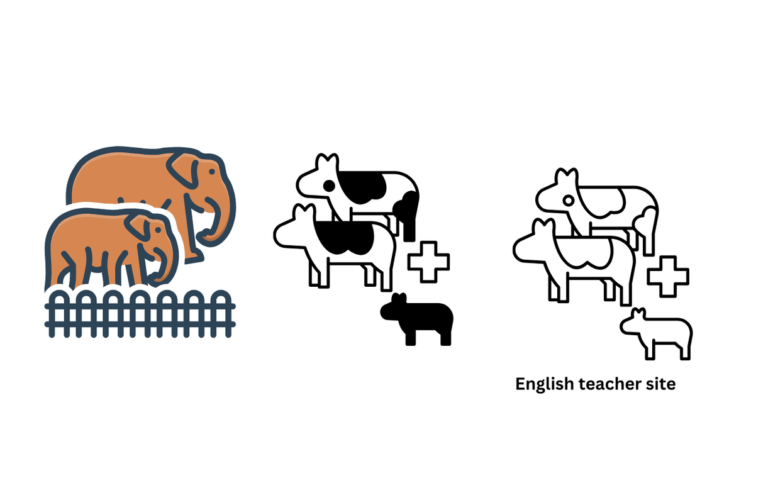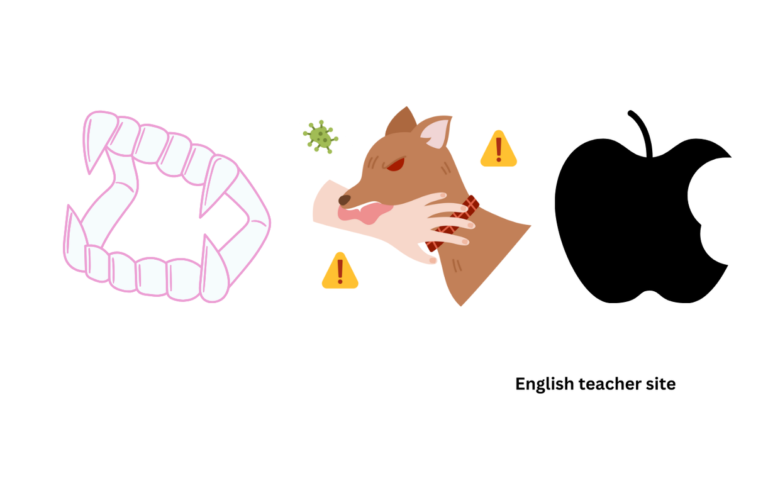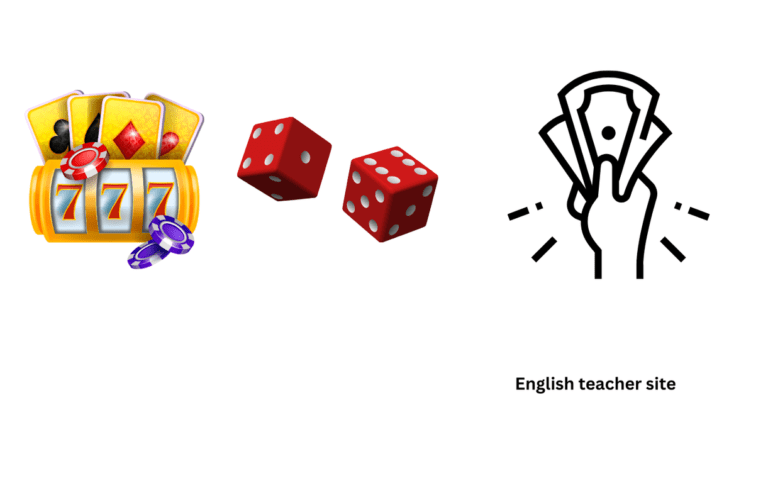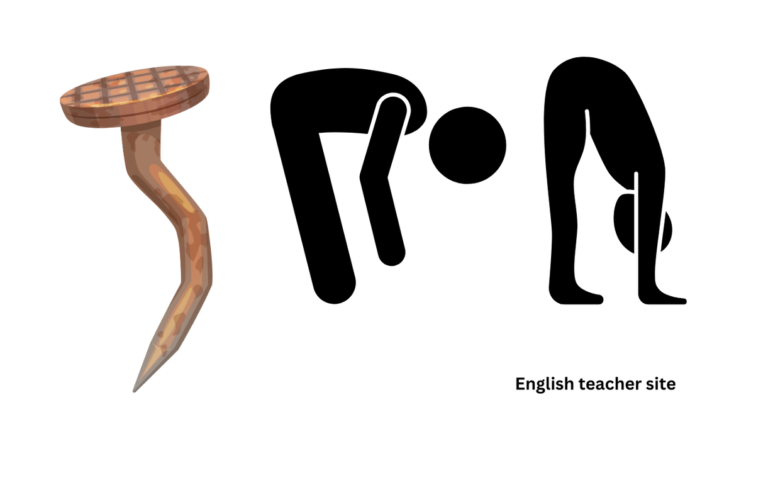Is It Flyer or Flier: Understanding the Correct Usage
Understanding the differences between “flyer” and “flier” involves looking at historical usage, regional variations, and even stylistic choices by different publication houses. For instance, in British English, “flyer” is commonly used for the small handbills, while “flier” might be found in other contexts. The subtleties in spelling can reflect on the writer’s adherence to style…



